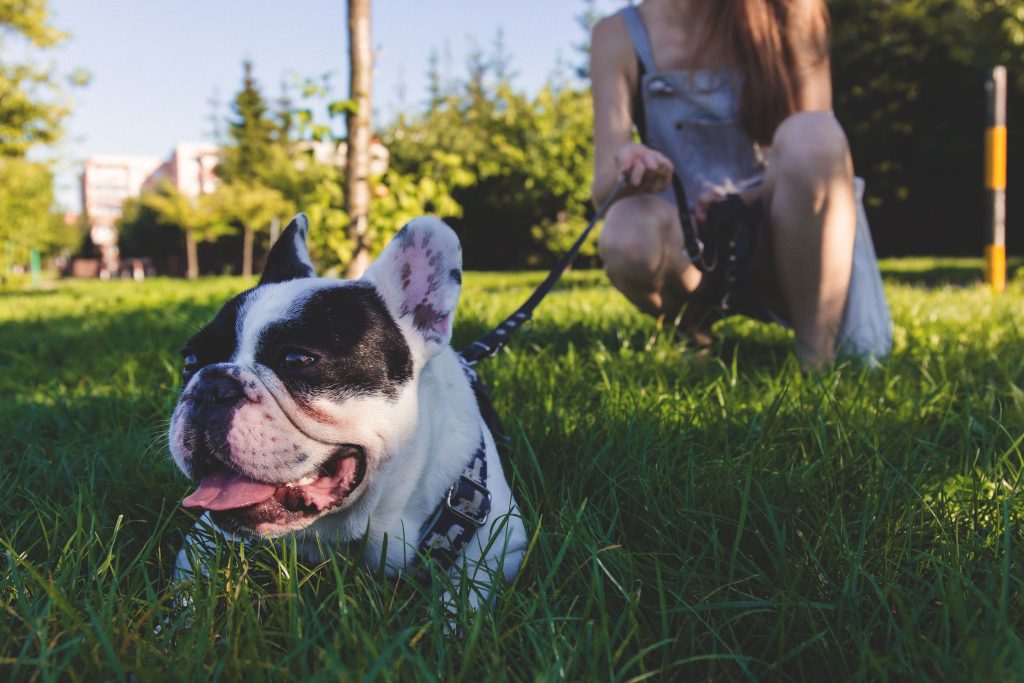It’s summertime and with that comes warmer weather. Here are some tips to help keep your pet cool in the warmer months and signs to keep on the alert for.
During hot weather ensure your pet has lots of fresh water. If it’s extremely hot it’s best to stay indoors. If they must go outdoors be sure they have a cool shady place to rest and keep exercise to a minimum.
NEVER leave your pet alone in a parked vehicle
Don’t leave your pet unsupervised around a pool, lake or the ocean. It’s a good idea to rinse your dog after swimming to remove salt and chlorine from their fur. Try not to let them drink pool water as it contains chlorine and other chemicals that are harmful. If your pet will be on a boat ensure they are wearing a properly fitted floatation device.
Shaving fur shorter can help keep your pets cool but don’t shave all of their fur off as their coats protect them from overheating and sunburn.
Be sure to keep pets off of hot asphalt as it can burn their paws.
Watch for the following symptoms of an overheating pet. If your pet has these symptoms contact your veterinarian.
- Excessive or loud panting
- Difficult breathing
- Extreme thirst
- Excessive drooling
- Mild Weakness
- Seizures
- Diarrhea
- Vomiting




